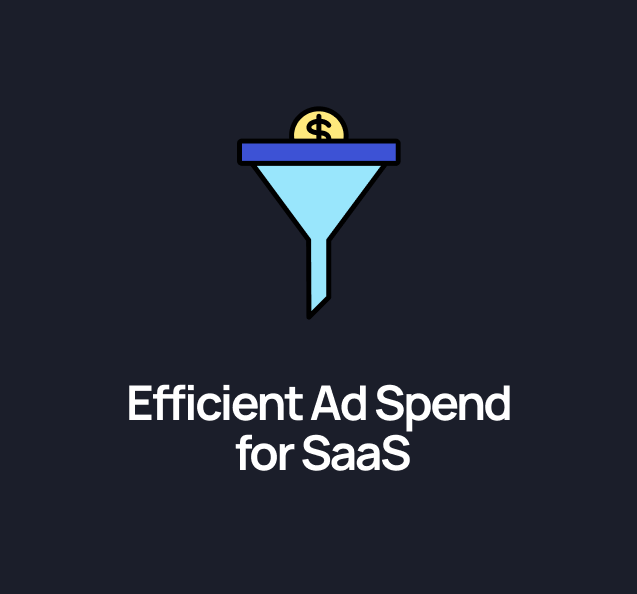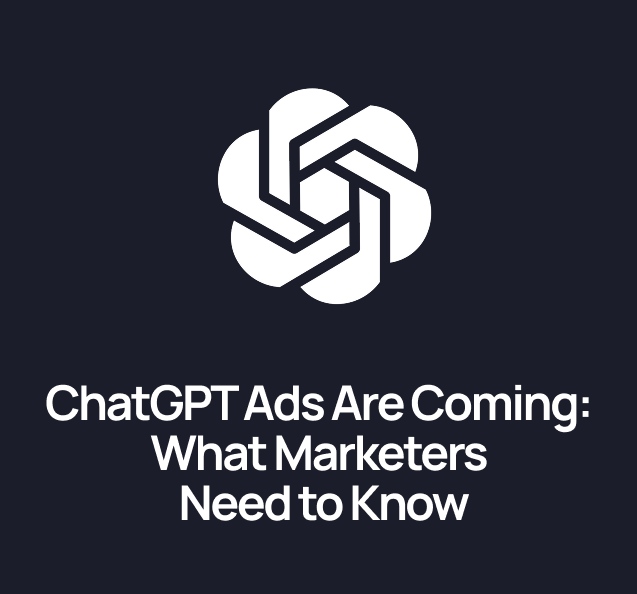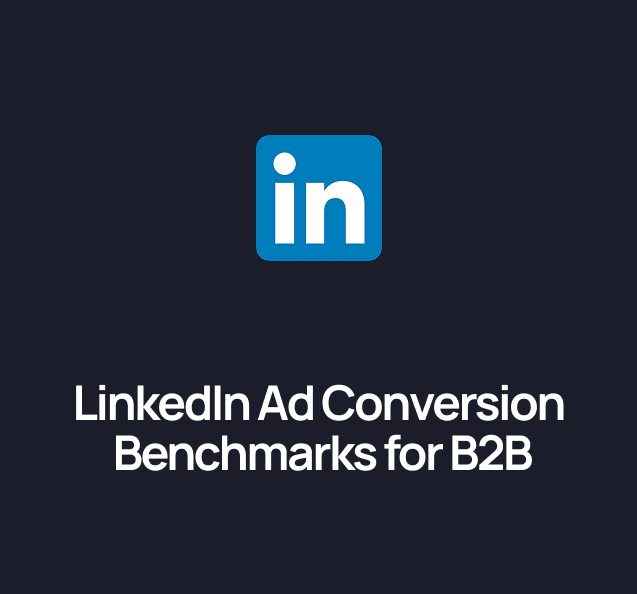Fintech marketing is fiercely competitive. To win, you need more than just a great product—you need a sophisticated fintech digital marketing strategy that cuts through the noise. Below, we explore some of the best fintech marketing campaigns and the technical strategies behind them, so you can apply them to your own growth playbook.
1. Revolut’s Full-Funnel Paid Advertising Strategy

What They Did:
Revolut doesn’t just run generic ads. Their paid media strategy is meticulously structured into a full-funnel approach, covering:
- TOFU (Top of Funnel): Brand awareness ads on Meta, TikTok, and YouTube
- MOFU (Middle of Funnel): Retargeting based on engagement (e.g., users who watched 50%+ of an ad)
- BOFU (Bottom of Funnel): Google Search ads targeting high-intent keywords like “best digital banking app”
They combine this with geo-targeting to deliver different creatives based on a user’s location.
How You Can Copy This:
✔ Run full-funnel ad campaigns rather than relying on one channel
✔ Use audience segmentation to create different ad messaging for new vs. engaged users
✔ Leverage search intent—use Google Ads for bottom-funnel keywords like “best business bank account”
2. Monzo’s Data-Driven SEO Strategy

What They Did:
Monzo ranks highly on Google for thousands of finance-related keywords, thanks to a strategic SEO-first content approach. Key tactics include:
- Programmatic SEO: Monzo creates landing pages for specific long-tail searches like “best savings account for students”
- Featured Snippets: Optimising content for Google’s answer box with clear, structured content
- Topic Clustering: Instead of writing random blogs, Monzo builds entire content clusters around core banking topics
How You Can Copy This:
✔ Use keyword research tools (SE Ranking, Ahrefs) to find high-volume, low-competition queries
✔ Write structured content that directly answers user questions for featured snippet rankings
✔ Create pillar pages—write a long, authoritative guide and link related blog posts back to it
3. Wise’s CRO-Optimised Landing Pages

What They Did:
Wise (formerly TransferWise) is known for its seamless, conversion-optimised website. Their approach includes:
- Minimalist design: No distractions, just clear CTAs (“Send Money Now”)
- Live pricing calculator: Shows real-time exchange rates, reducing friction
- A/B Testing: Continuously tests button colours, CTA copy, and form layouts to improve sign-ups
How You Can Copy This:
✔ Simplify your landing pages—remove unnecessary form fields and distractions
✔ Use dynamic elements—like pricing calculators or real-time savings estimations
✔ Run A/B tests using tools like Google Optimize or VWO to improve conversions
4. Robinhood’s Referral & Viral Loops Strategy

What They Did:
Robinhood grew explosively by using a referral marketing model where users could:
- Get a free stock for signing up and referring friends
- Enter a waitlist where they moved up in priority based on the number of referrals
- Use gamified features (like progress bars) to encourage more sharing
This led to millions of sign-ups before the app even launched.
How You Can Copy This:
✔ Incentivise referrals—offer credits, perks, or discounts
✔ Use a viral waitlist system—tools like Viral Loops or ReferralCandy can automate this
✔ Make sharing easy—give users one-click options to refer via WhatsApp, email, or LinkedIn
5. N26’s Hyper-Localised Advertising

What They Did:
N26, a European challenger bank, used hyper-localised ads to target customers in specific cities before expanding nationally. Their key strategies included:
- Geofencing Ads: Serving location-based ads to users near financial districts
- City-Specific Landing Pages: Customising web pages with city names (“Best Berlin Business Bank Account”)
- Personalised Content: Through a partnership with Smartly.io, N26 created hundreds of video ad variations that ran across multiple markets and leveraged the software's automation tools to swap out ads based on language, market messaging, and funnel stage of the lead.
How You Can Copy This:
✔ Use Google Ads location targeting to bid higher for key cities
✔ Create city-specific landing pages for your fintech product
✔ Leverage AI tools to create hyper-personalised ad content to your audience.
6. Stripe’s Developer-Focused Content Marketing

What They Did:
Stripe has mastered developer-focused content marketing, which has been key to its adoption among businesses. Tactics include:
- Extensive API Documentation: Making it easy for developers to integrate Stripe’s payments
- Developer-Focused Blog & Tutorials: Helping engineers solve real-world problems
- Free Open-Source Tools: Offering useful code libraries to build goodwill
How You Can Copy This:
✔ Create technical documentation that makes your fintech easy to integrate
✔ Write developer-friendly content (tutorials, case studies, and API guides)
✔ Release open-source tools to establish authority in your niche
Final Thoughts
The most successful fintech companies don’t rely on just one marketing tactic—they combine multiple strategies, from paid ads to SEO, referral loops, and localisation. The key is to align your strategy with your audience and continuously test what works.
Which of these fintech marketing strategies are you most excited to try?

.svg)








.svg)
